The University of Melbourne is a premier institutes of Australia providing amazing placements to the students. According to the QS Graduate Employability Ranking, The University of Melbourne is ranked at #8 in the world. Sonia is the Faculty's comprehensive placement administration tool. As every placement experience is unique, Sonia is used differently for each cohort and discipline. As per the University, 97% of undergraduates and 98% of graduates are in work after 3 - 5 years of completion. You must satisfy certain pre-placement requirements before starting the placement process. You will not be permitted to start the placement if you:
The career center of The University of Melbourne helps students in finding career options, reviewing resumes & CVs, and also promoting professional development. You will get help from the Alumni network during the placement. You also need to.
Students in most health disciplines are required to be registered with the Australian Health Practitioner Regulation Agency (AHPRA) before commencing a student placement. The average salary of a University of Melbourne graduate is around $62,656 AUD. The university welcomes some of the top recruiters of the world to hire their students based on the personal interviews and academic records. Some of these top recruiters are National Australia Bank, GHD Group, ANZ Banking Corporation, and Telstra Corporation Ltd, Amazon etc.
The University of Melbourne Placements Internships
The university provided summer and winter internship opportunities to its students. Internships help the students in building work experience along with a wide professional network with the help of these internships.
Students who are in the final year of their graduation are allowed to participate and can apply for on-campus jobs, part-time jobs, and full-time jobs. The students at the university of Melbourne are also prepared for their job interviews by their mentors and professionals. They are given special focus and proper attention that helps them in landing with good jobs and companies.
The University of Melbourne also offers a graduate employment program to its students. The graduate employment program provides various recruitments and induction to the students. This program is offered to the students who are in the final year of their graduation or who have graduated recently from the university. Several students also find work before completion of their graduation with the help of proper guidance and networking.
Check: University of Melbourne Student Reviews
The University of Melbourne Placements by Industry
Following are the popular sectors employing University of Melbourne graduates and their average annual salaries.
| Sector |
Average Annual Salary (in AUD) |
| Legal Department |
200,000 |
| Executive Management & Change |
175,000 |
| Legal & Paralegal |
146,000 |
| Financial Services |
136,000 |
| IT & Software Development |
138,000 |
| Sales and Business Development |
137,000 |
Check: Jobs After MS in Australia
The university has abundant placement opportunities for the students. The University of Melbourne focuses on providing right guidance and opportunities to the students. The kind of placement also depends on the nature of the degree. Professional degree holders end up finding placements more easily than the others. Students who hold higher degrees like masters and doctorate have higher placement opportunities. Hence, the university of Melbourne provides fair placement offers to their students and is one of the best universities in the world.
FAQs
Ques: Does the University of Melbourne provide placement?
Ans: Yes, the University of Melbourne provides placement opportunities. Students will be paid directly by the host organization for the work performed. Professional placement is an activity undertaken by a student with a host organization as a compulsory requirement of a subject or course at the University.
Ques: What is the University of Melbourne ranked in employability?
Ans: The University of Melbourne is ranked #8 as per QS World ranking in graduate employability. More than 98% of the students gets placed within 3-5 years of completing the course. Hence, the employability record is good.
Ques: Which University provides placement in Australia?
Ans: Some of the top universities providing placements in Australia are The University of Sydney, The University of Melbourne, The University of New South Wales (UNSW), Monash University, Australian National University (ANU), The University of Queensland (UQ), University of Western Australia (UWA), and RMIT University.
Ques: What is the No 1 University in Melbourne?
Ans: The number 1 university in Melbourne is the University of Melbourne. It is also ranked within top 10 in Australia and top 100 in the world as per QS Ranking. It is also ranked within top 10 for employability.
Ques: What is the average salary after University of Melbourne?
Ans: The average salary after University of Melbourne varie as per the sector. Someone working in Executive Management & Change gets around AUD 175,000, Legal & Paralegal gets around AUD 146,000, Financial Services gets around AUD 136,000 and IT & Software Development gets around AUD 138,000.
Ques: Is it hard to find a job in Melbourne as an international student?
Ans: There are countless student jobs in Melbourne, many of which are ideal for international students in particular, allowing them to gain skills, get job-ready and support their lifestyle. hence, it will be easier to find jobs in Melbourne.
Ques: Does Melbourne have a lot of job opportunities?
Ans: Melbourne has a big population, so there are always a lot of jobs in every industry. Jobs in the health care and community services industry are in high demand. This is to meet the needs of a growing population. There are many opportunities in construction, clean energy and manufacturing.
Ques: What is Melbourne Uni famous for?
Ans: Melbourne University is famous for its research. The research contributes to solving social, economic and environmental challenges the world is facing today and into the future. They are tightly connected with communities, at home and abroad, which only enriches learning, teaching, and research.
Ques: Which Australian university has highest employment rate?
Ans: The ranking reveals which universities recruiters at top companies think are best at preparing students for the workplace. The Australian National University came out as the top university for graduate employability in Australia, followed by the University of Melbourne and the University of Sydney.
Ques: What is placement fee for Australia?
Ans: If you are looking for a job from third party organizations, you need to pay a fee. For permanent roles, the placement fee in Australia is 10% to 15% of the candidate's yearly pay. Some organizations might additionally charge extra for background checks, pre-employment evaluations, and advertising.







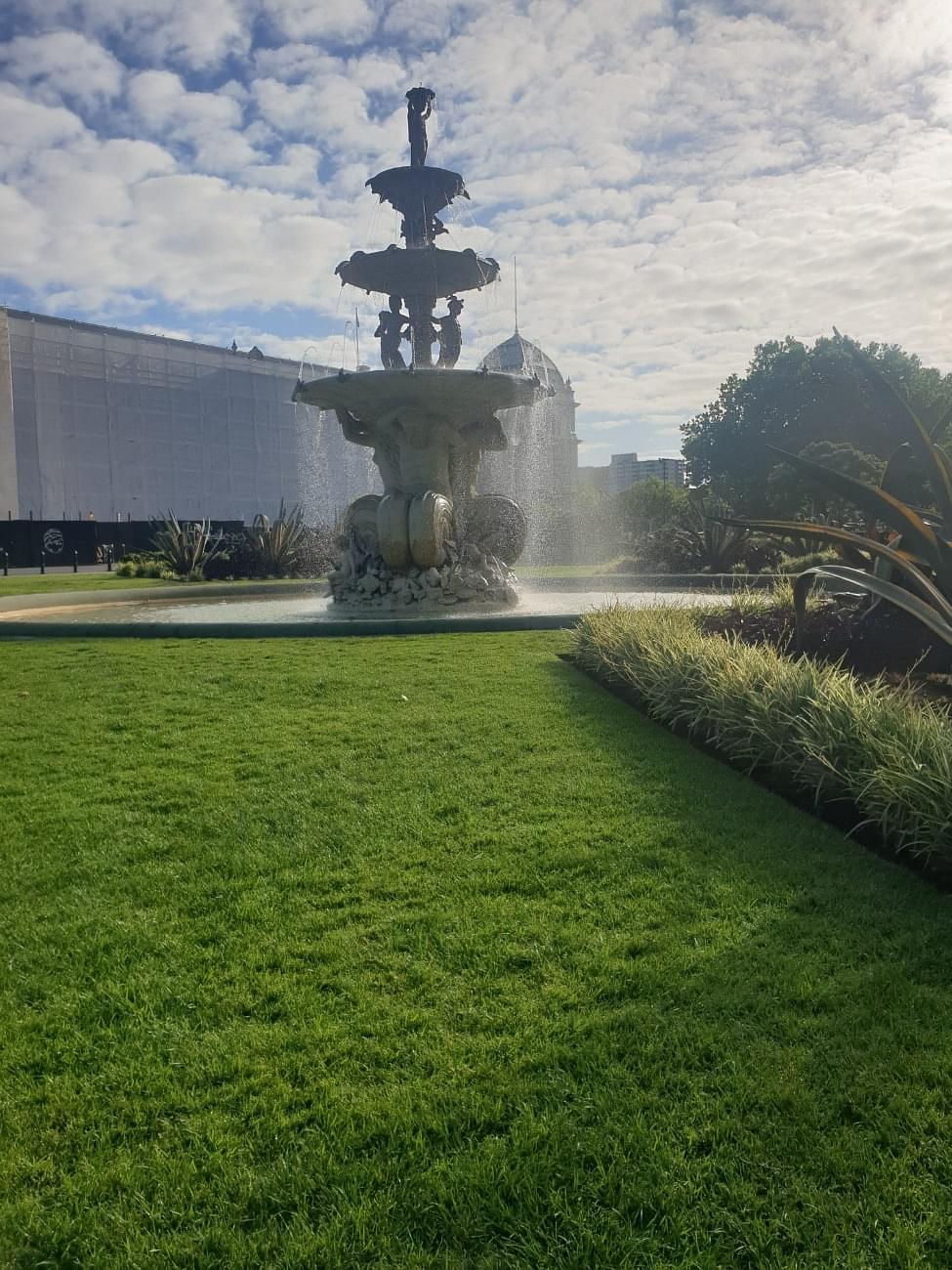
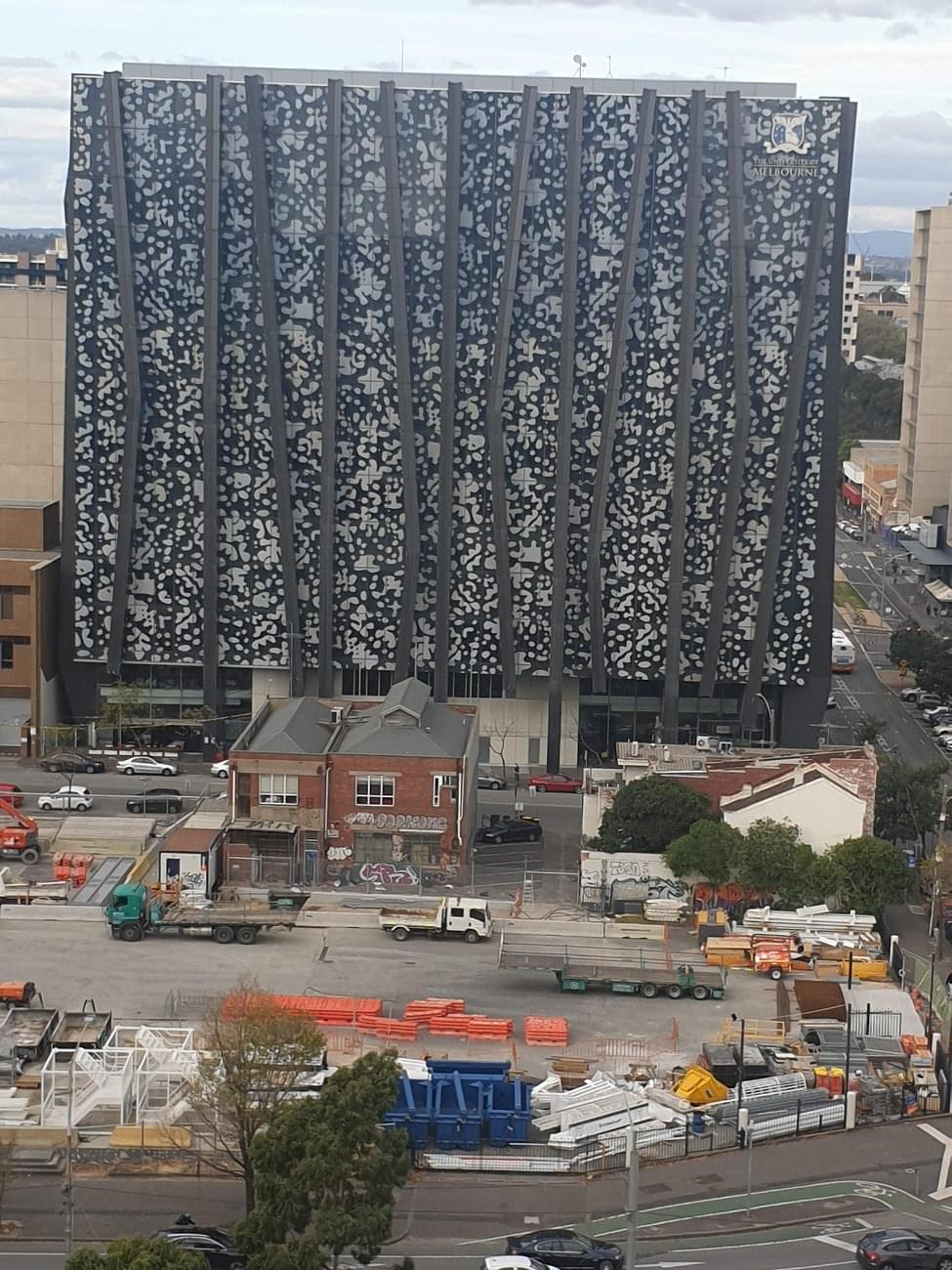
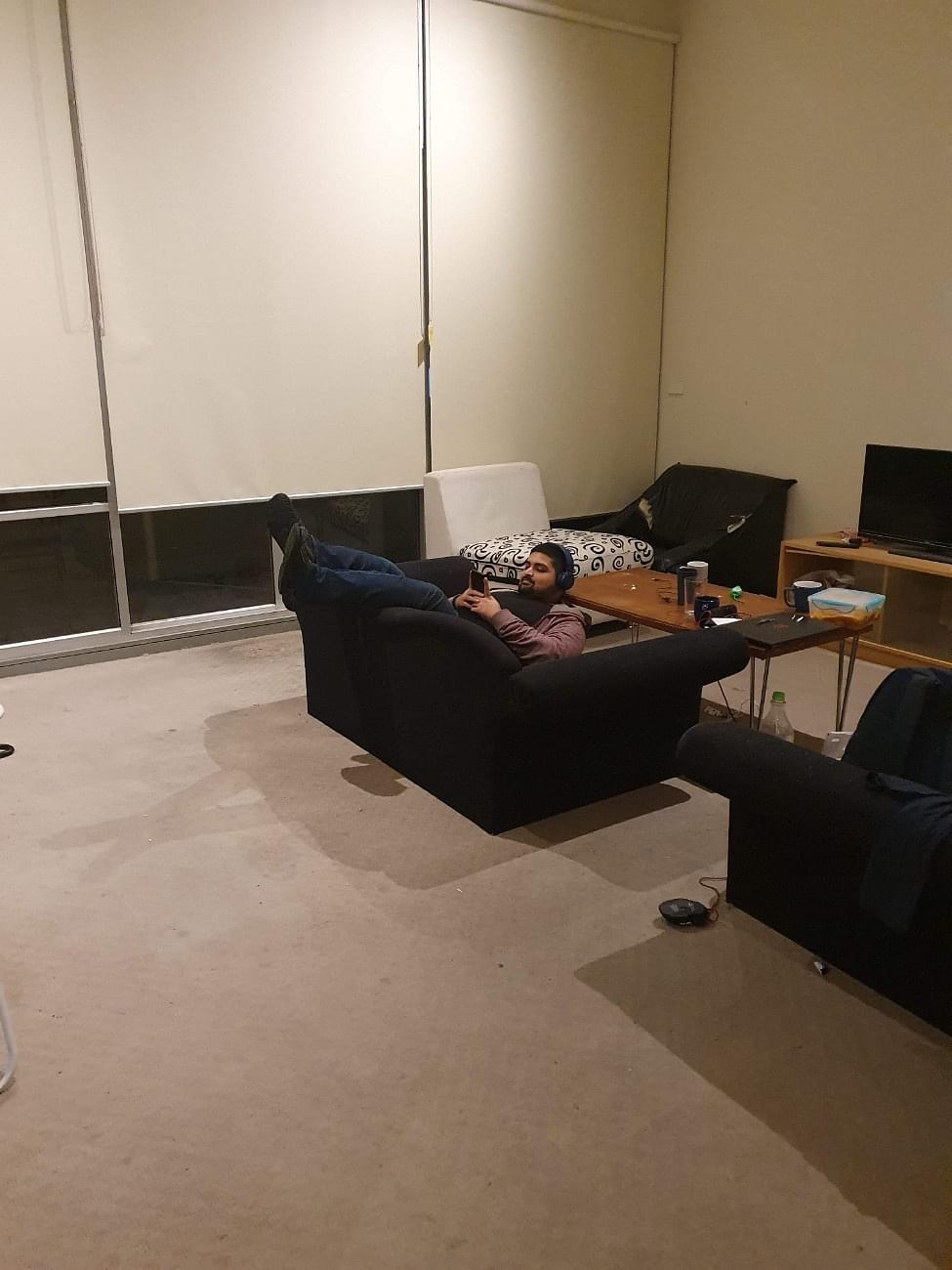
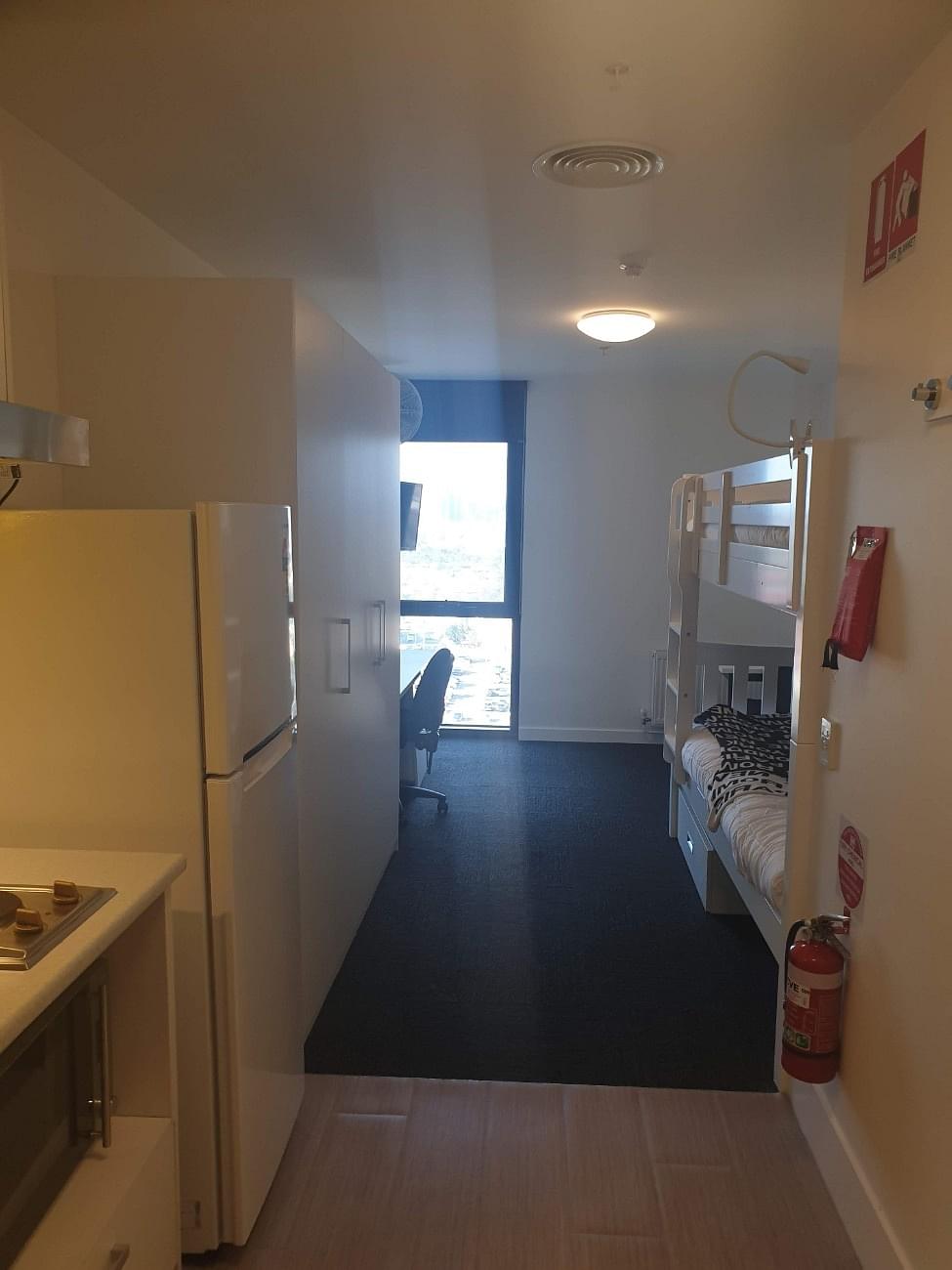
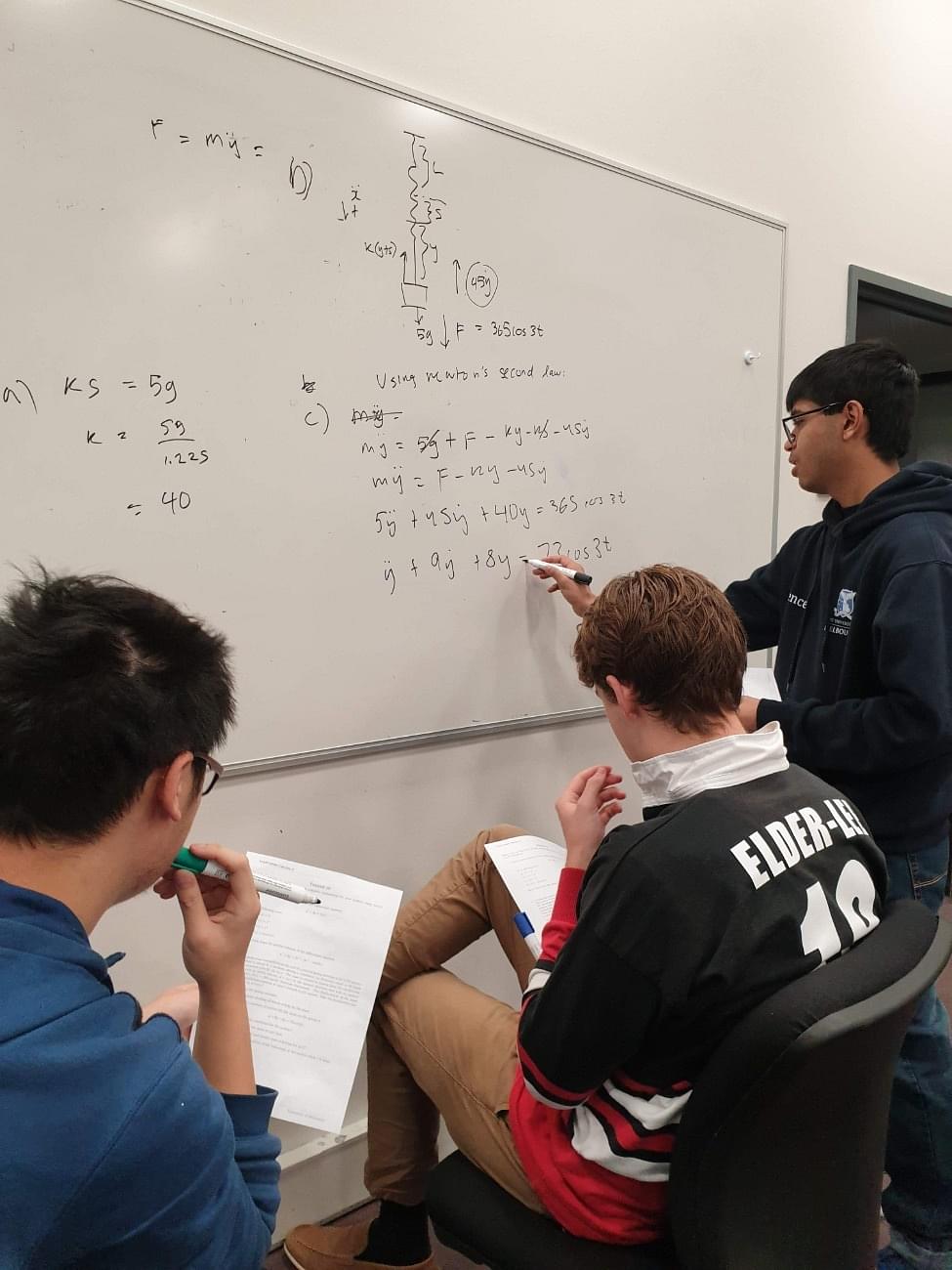
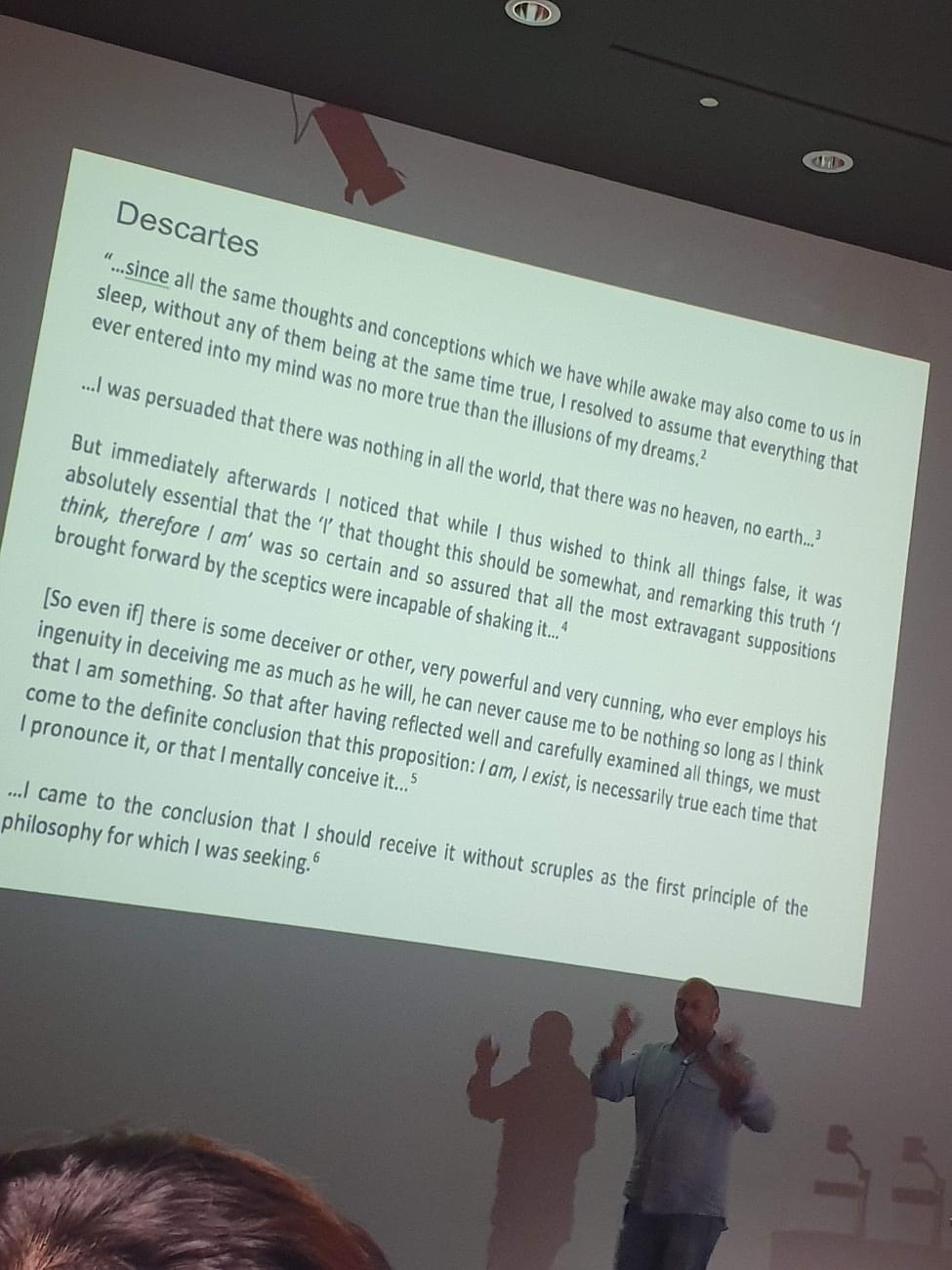
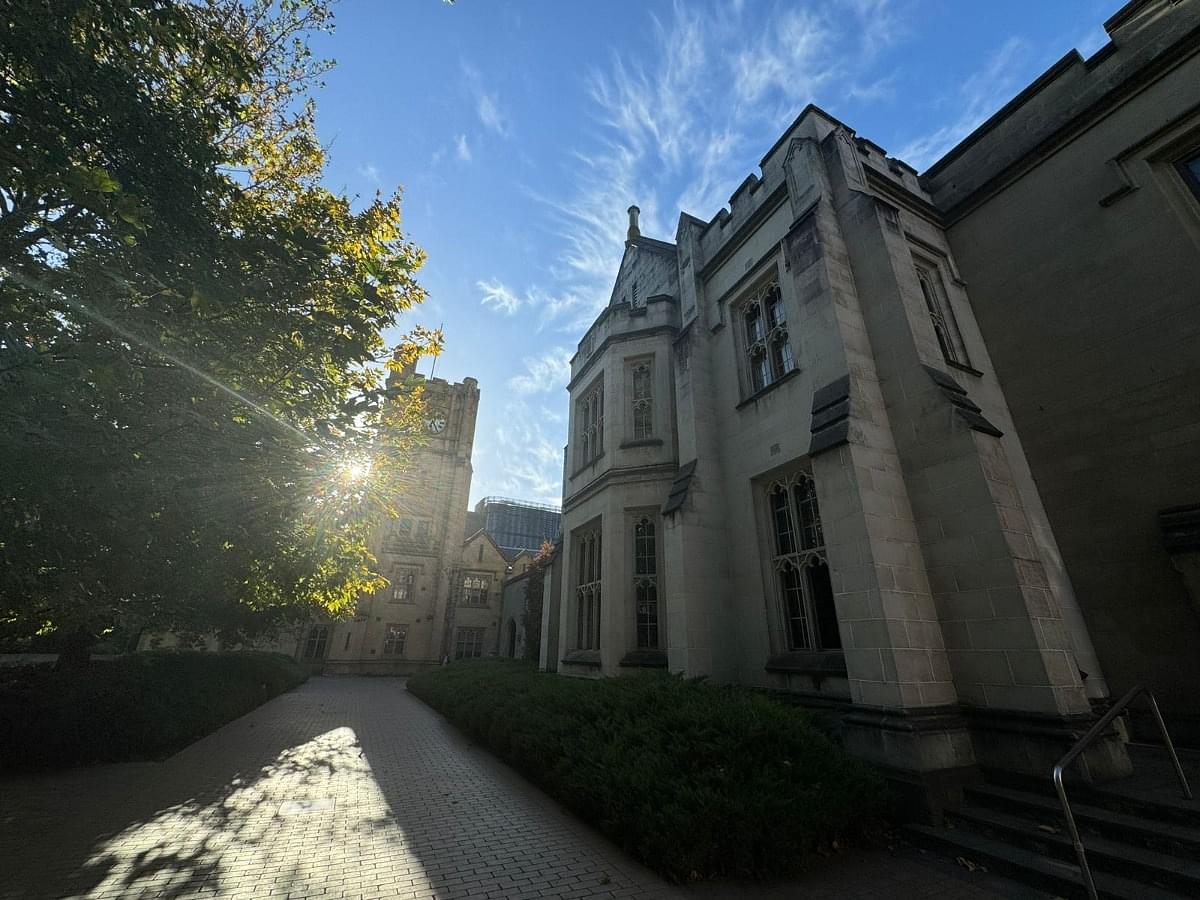
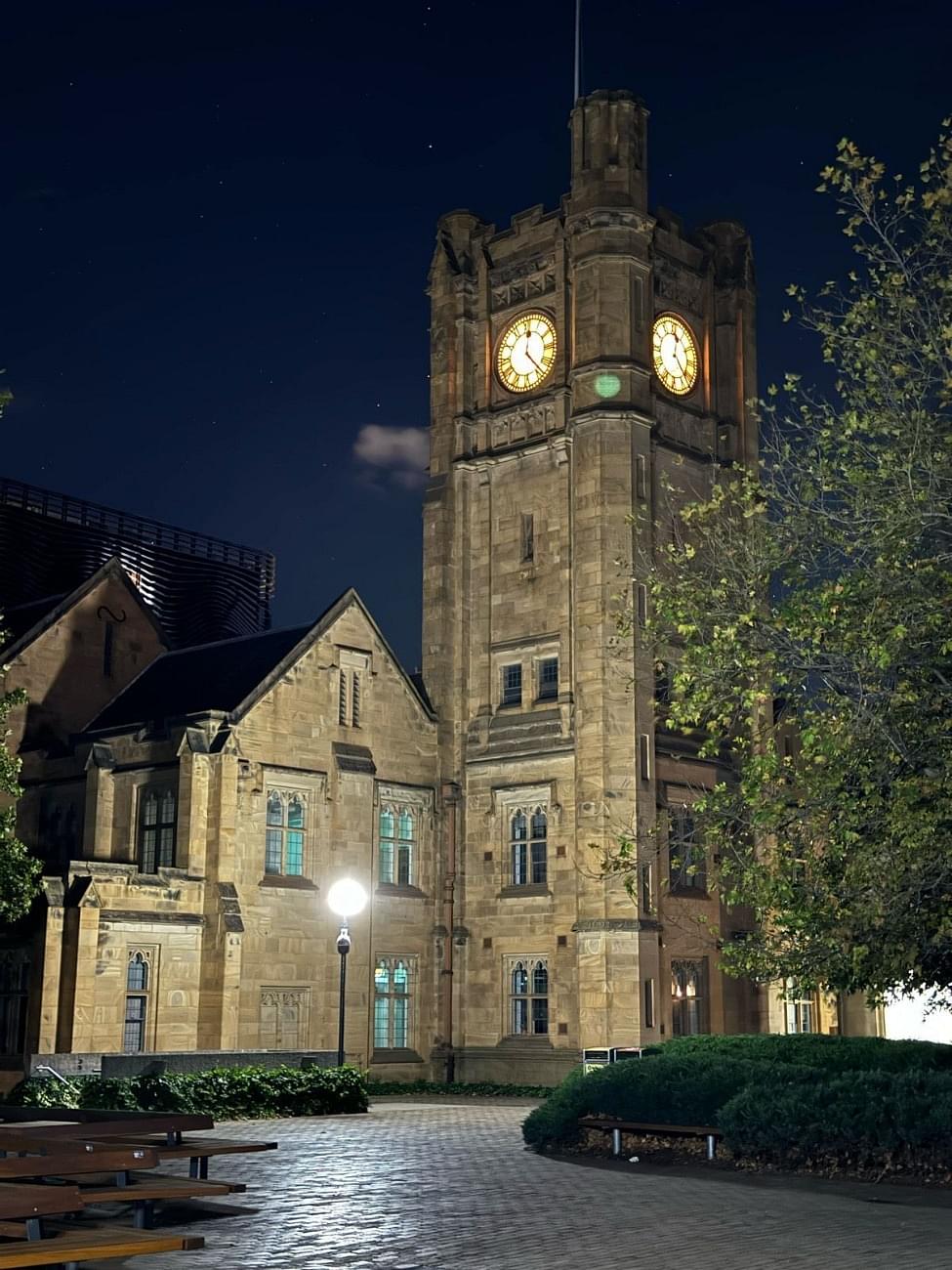
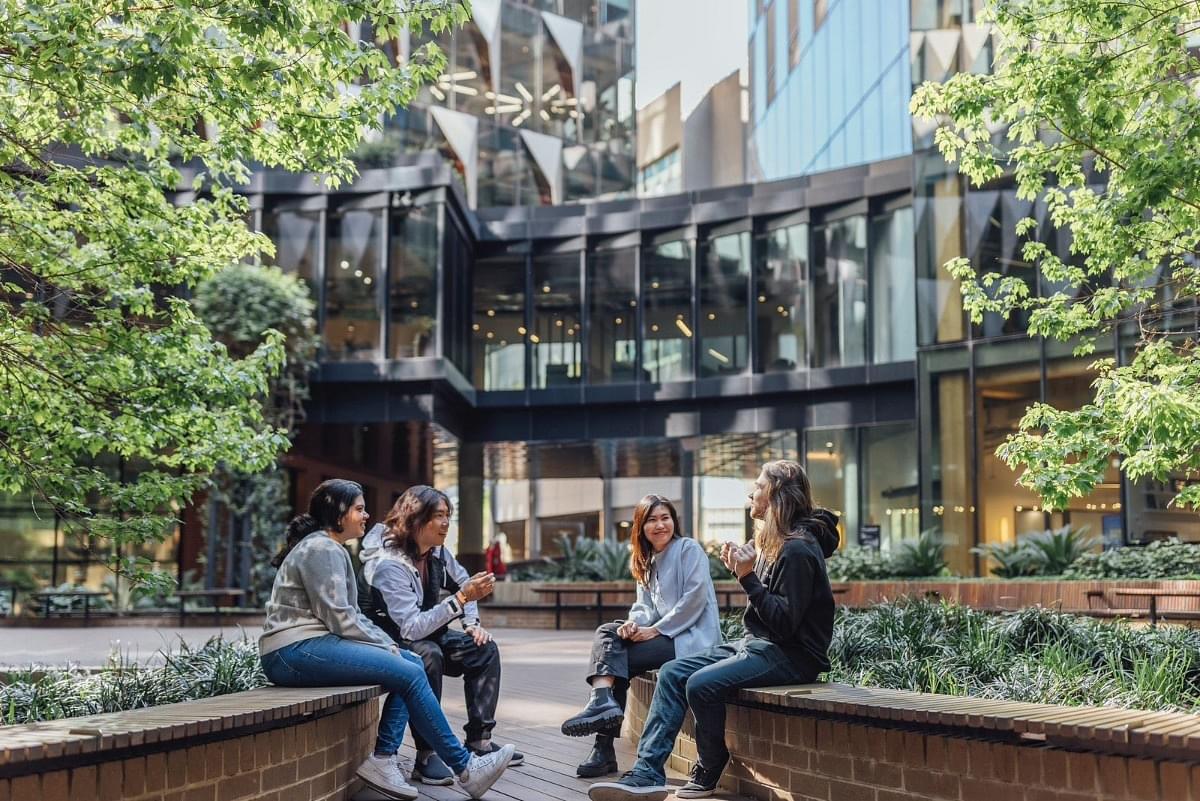
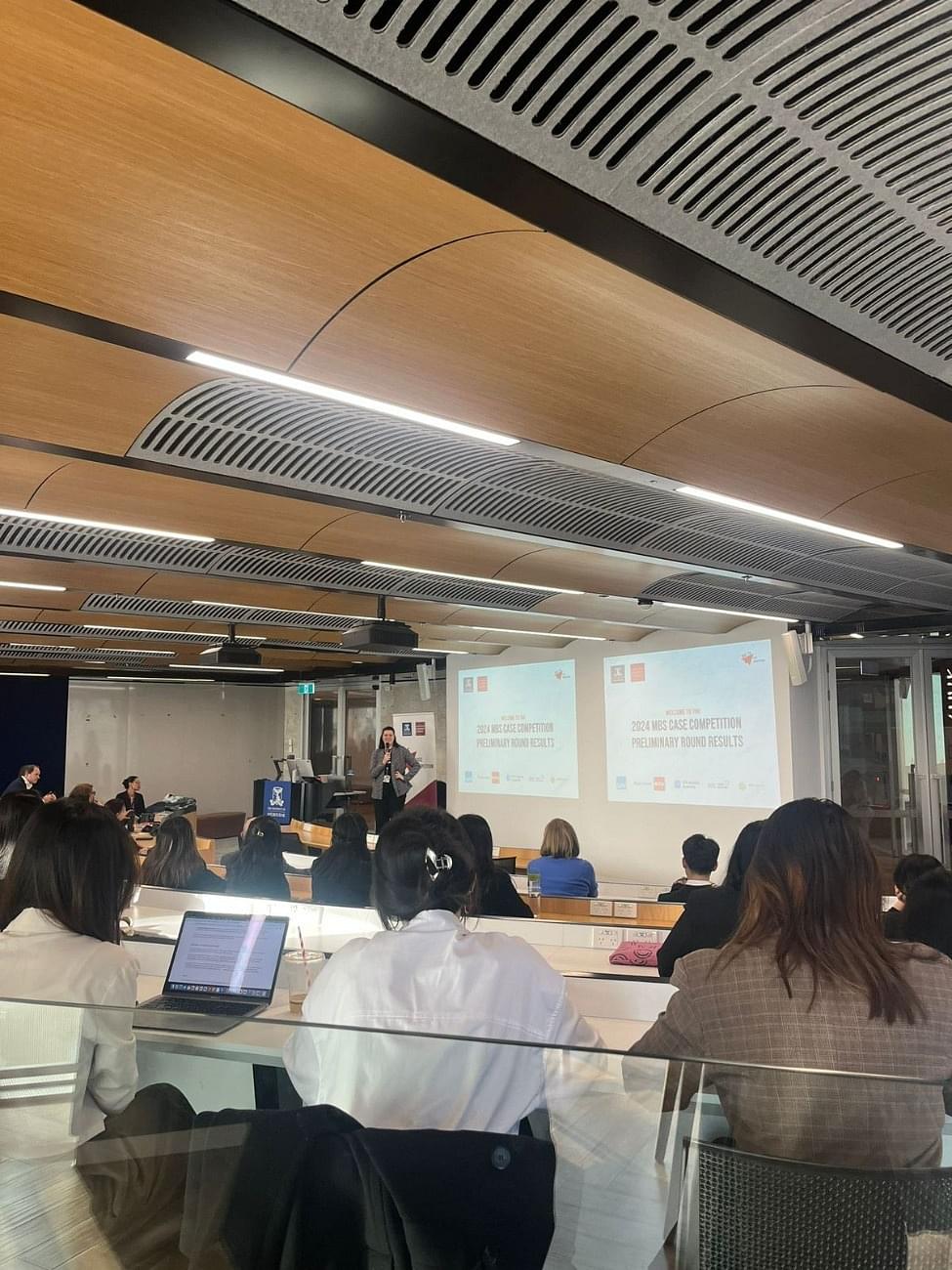
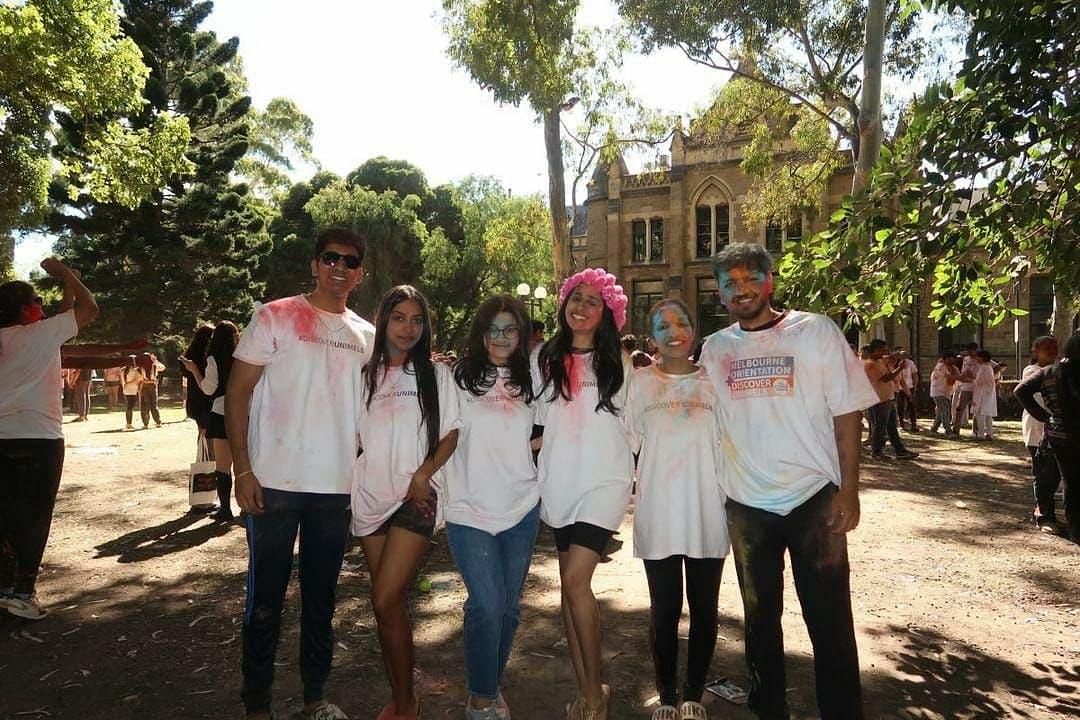
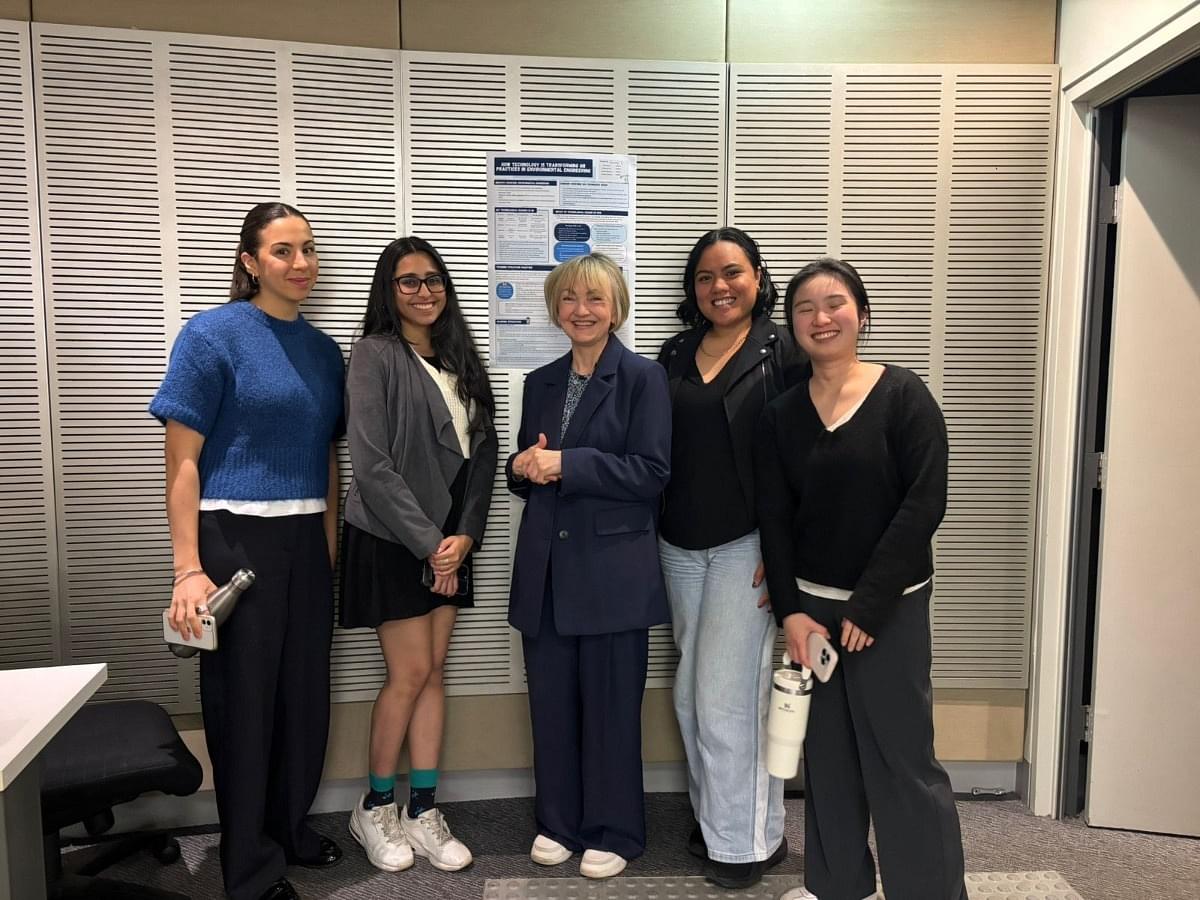
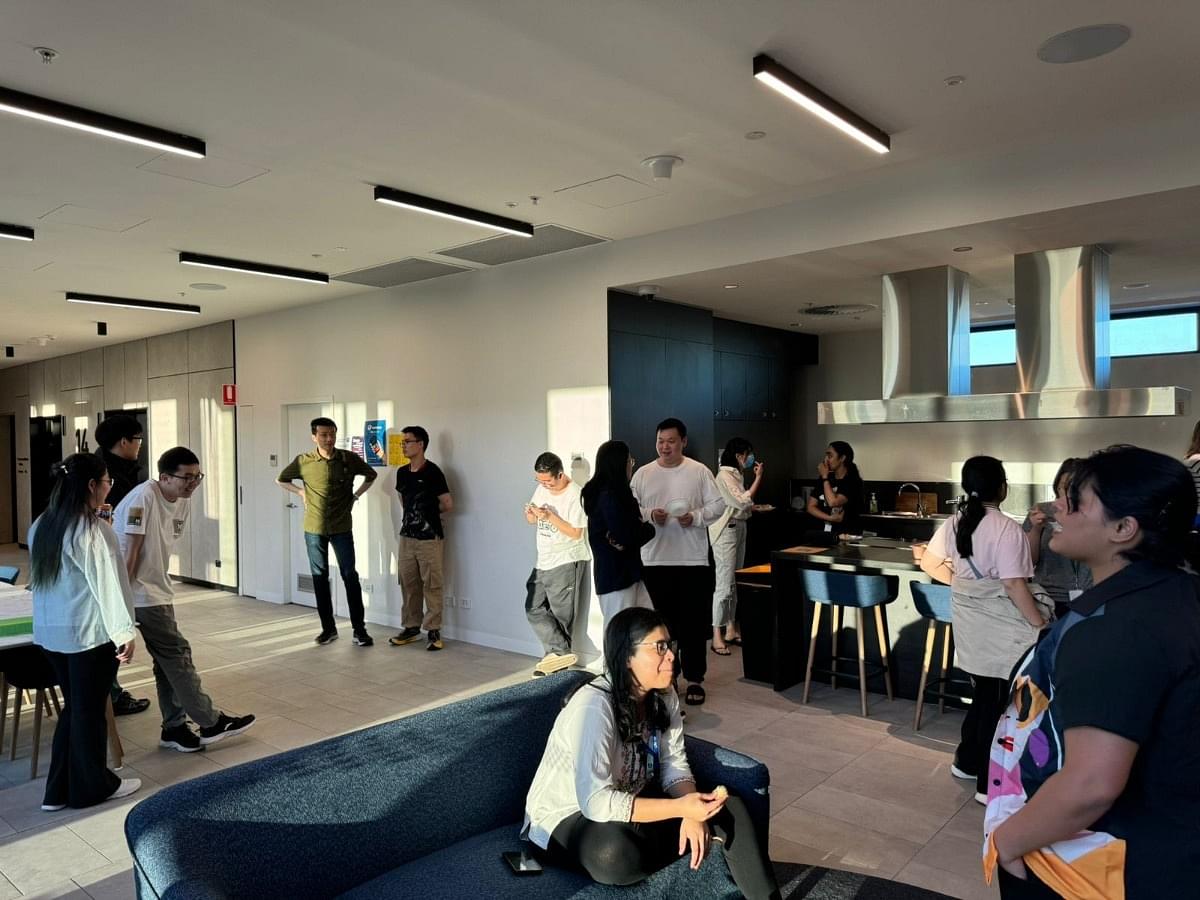
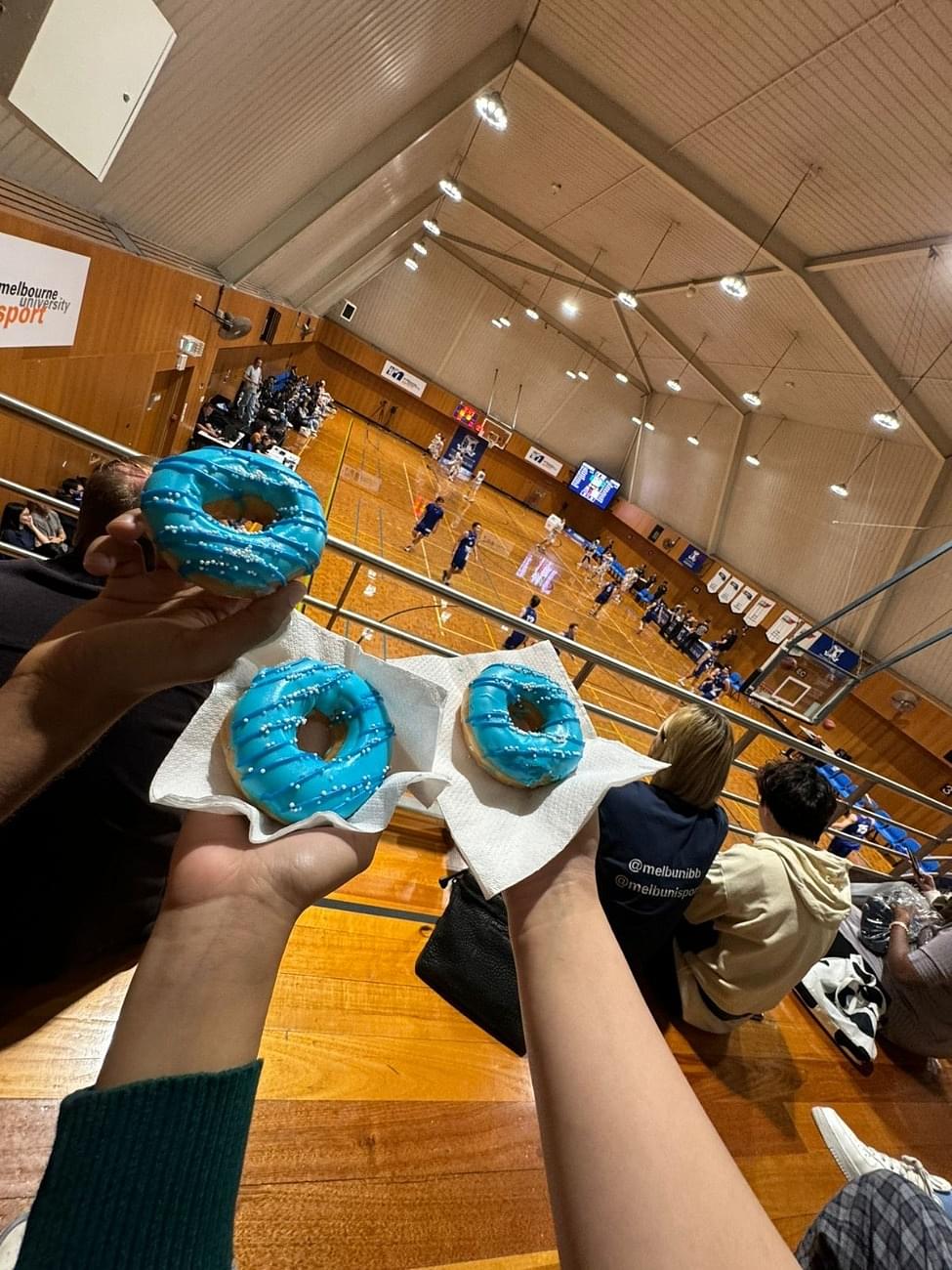
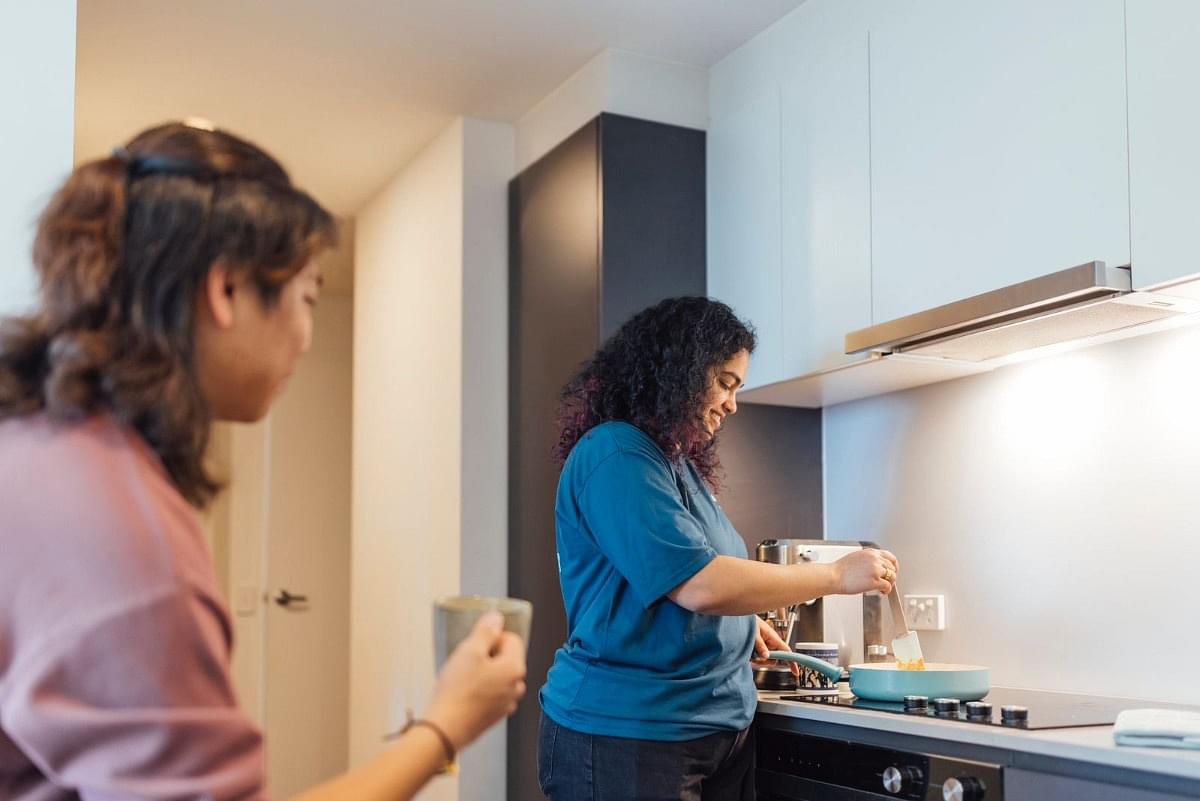
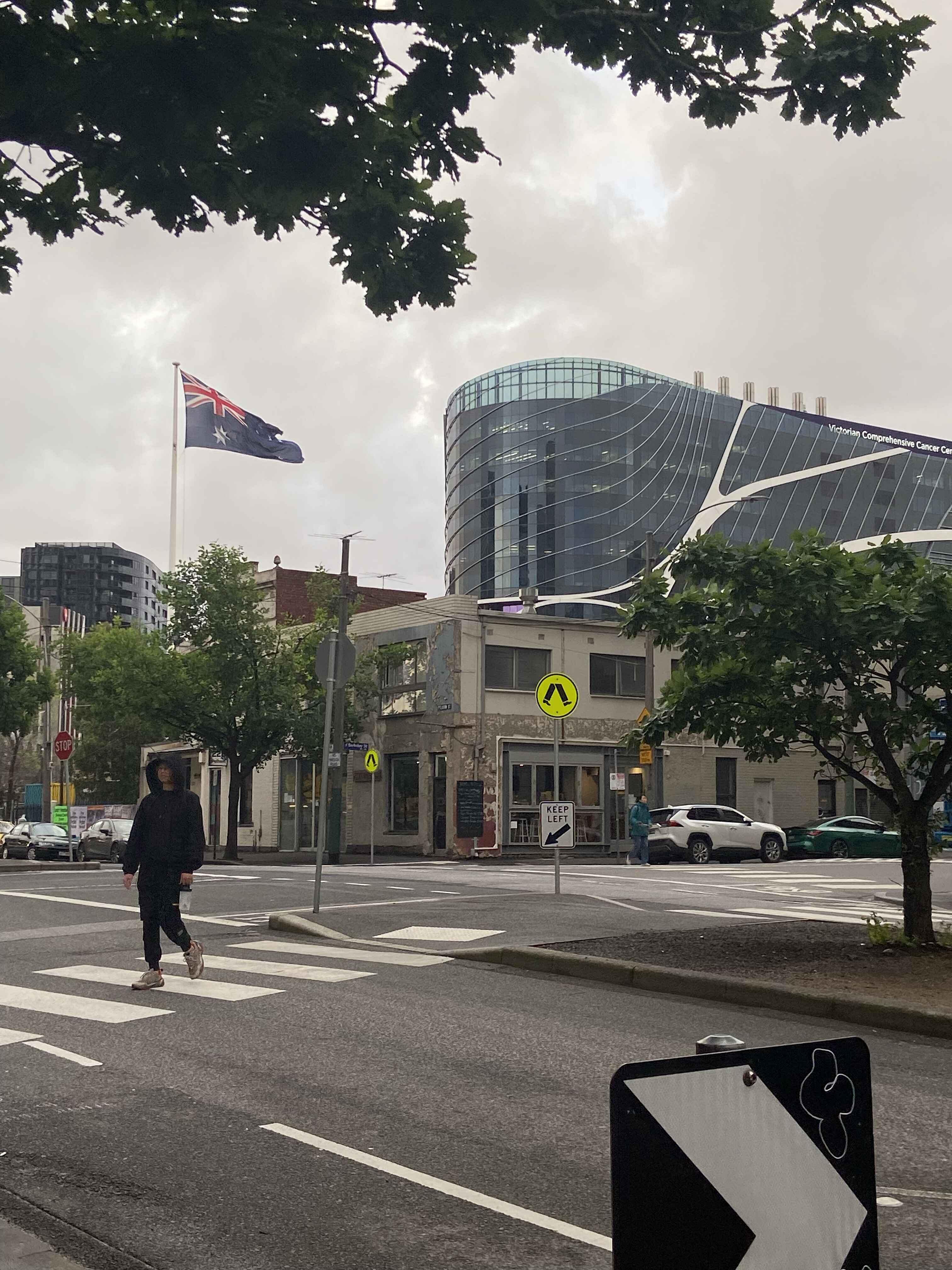
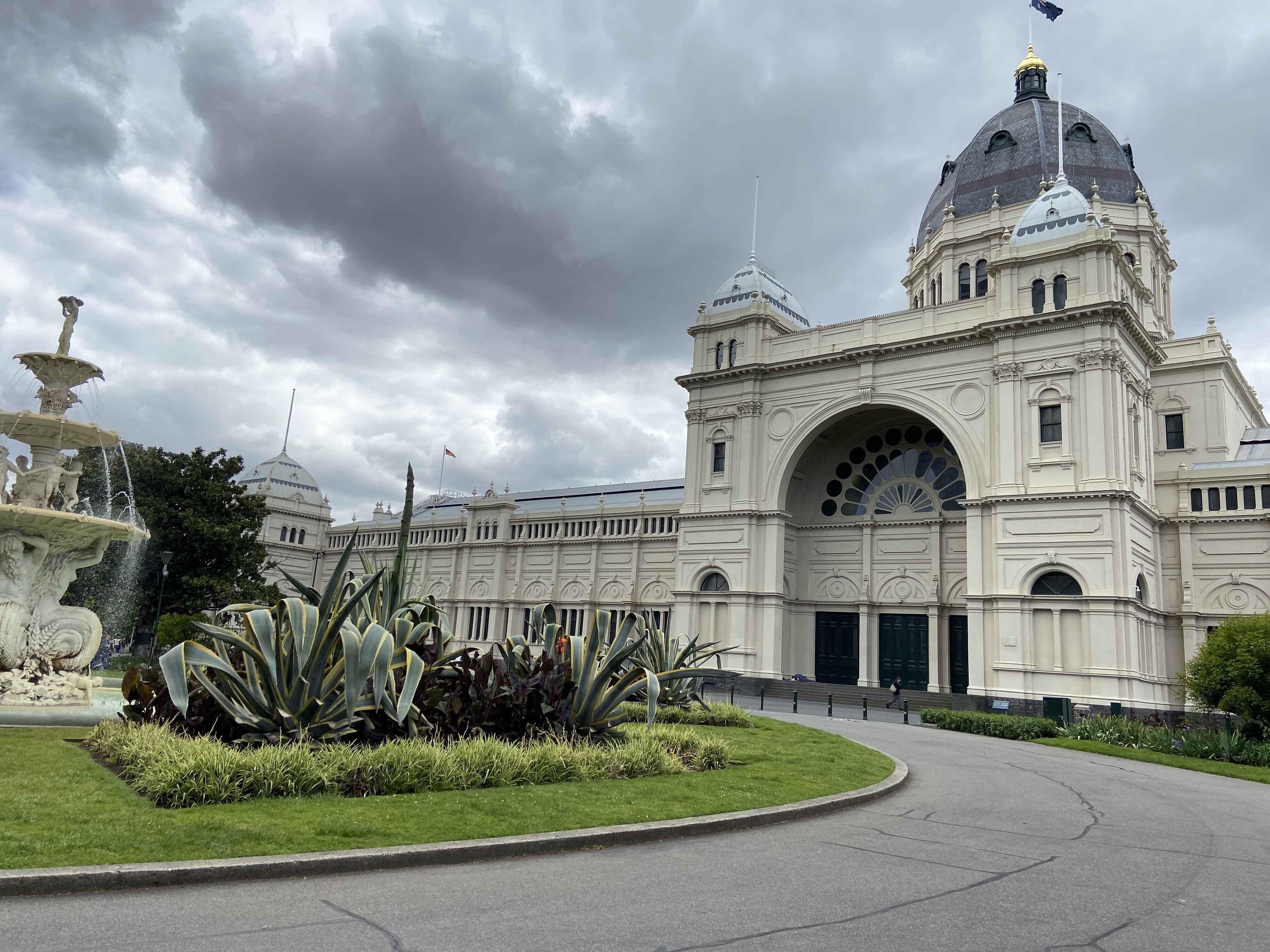
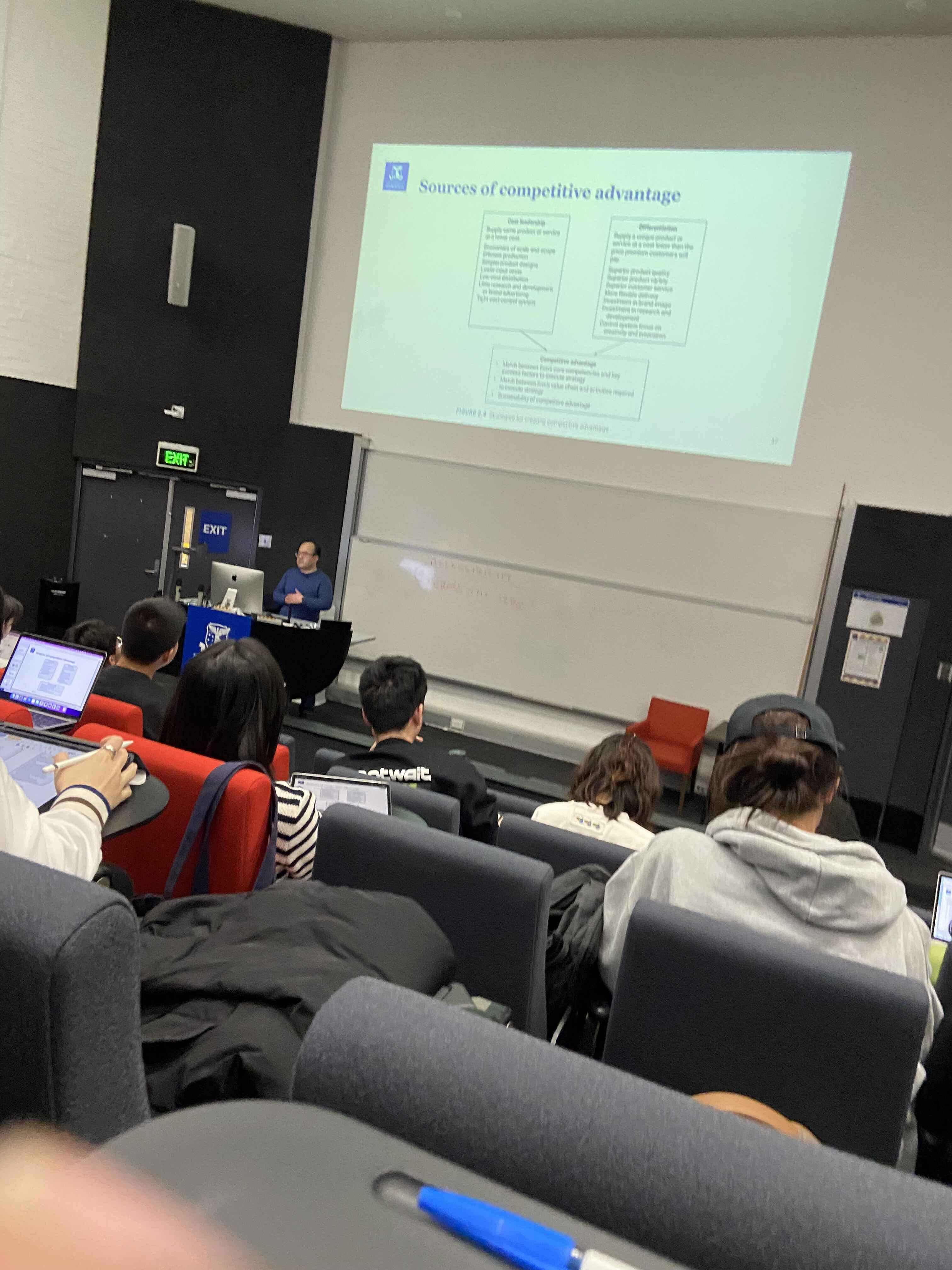
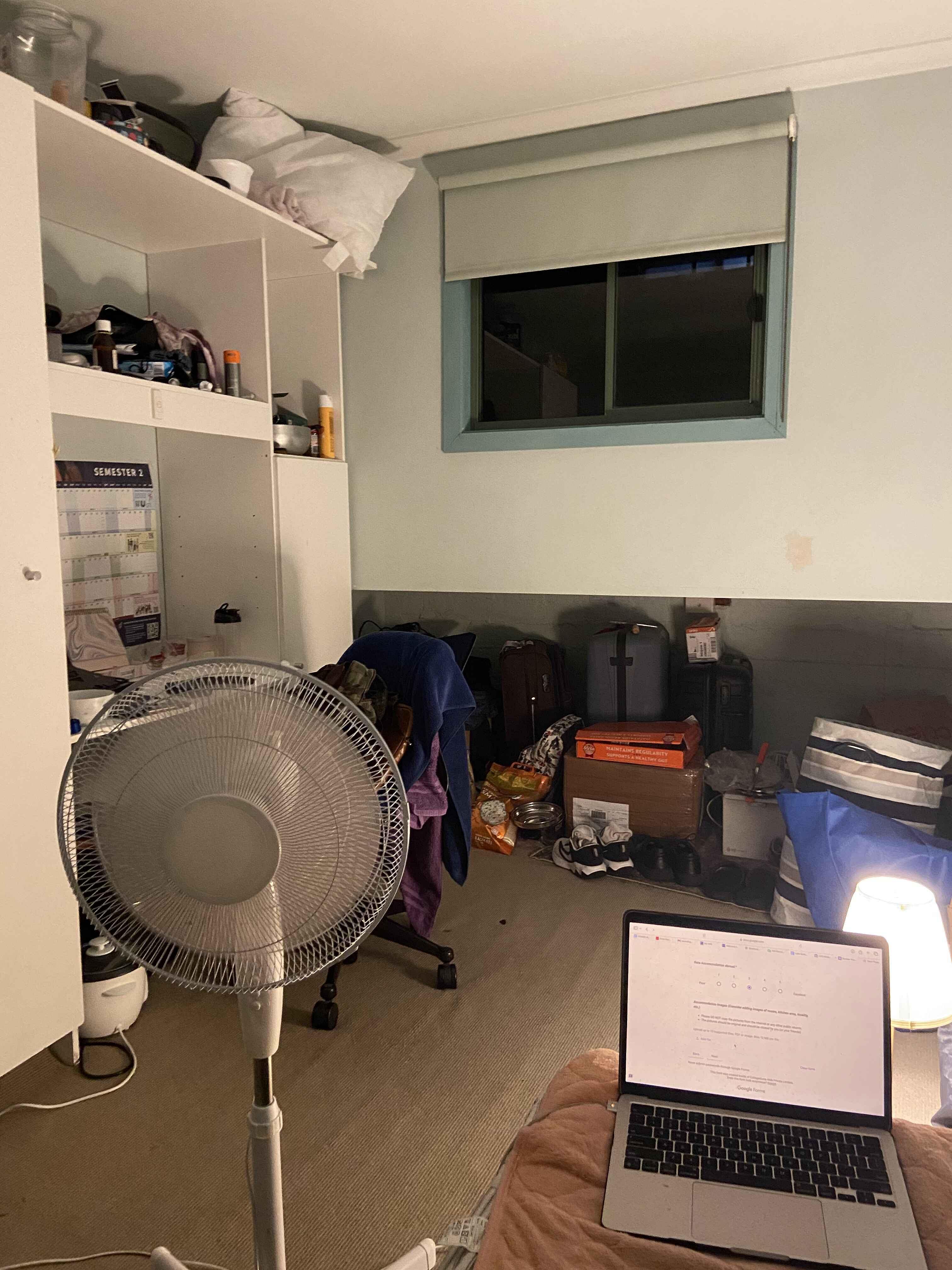
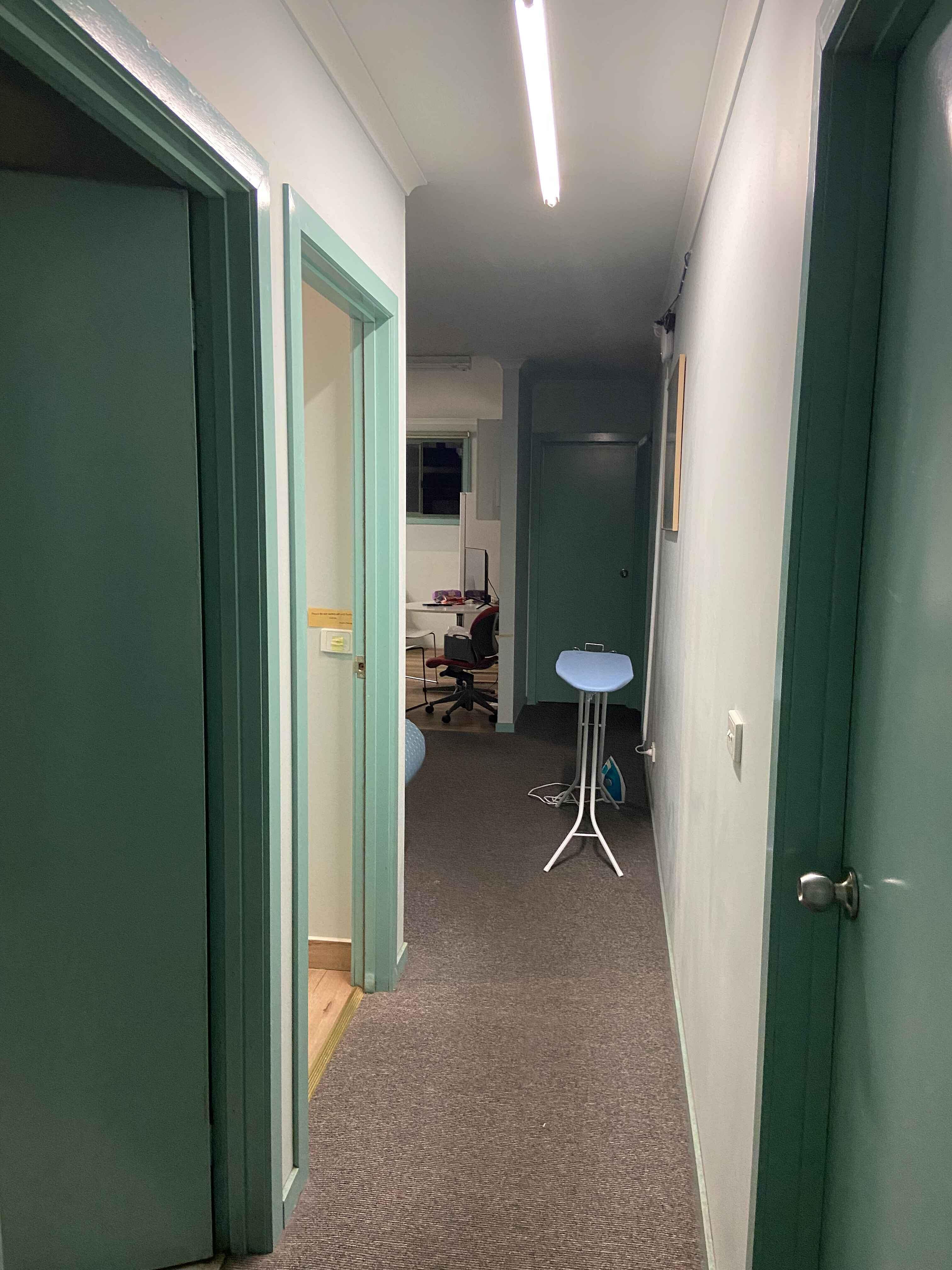
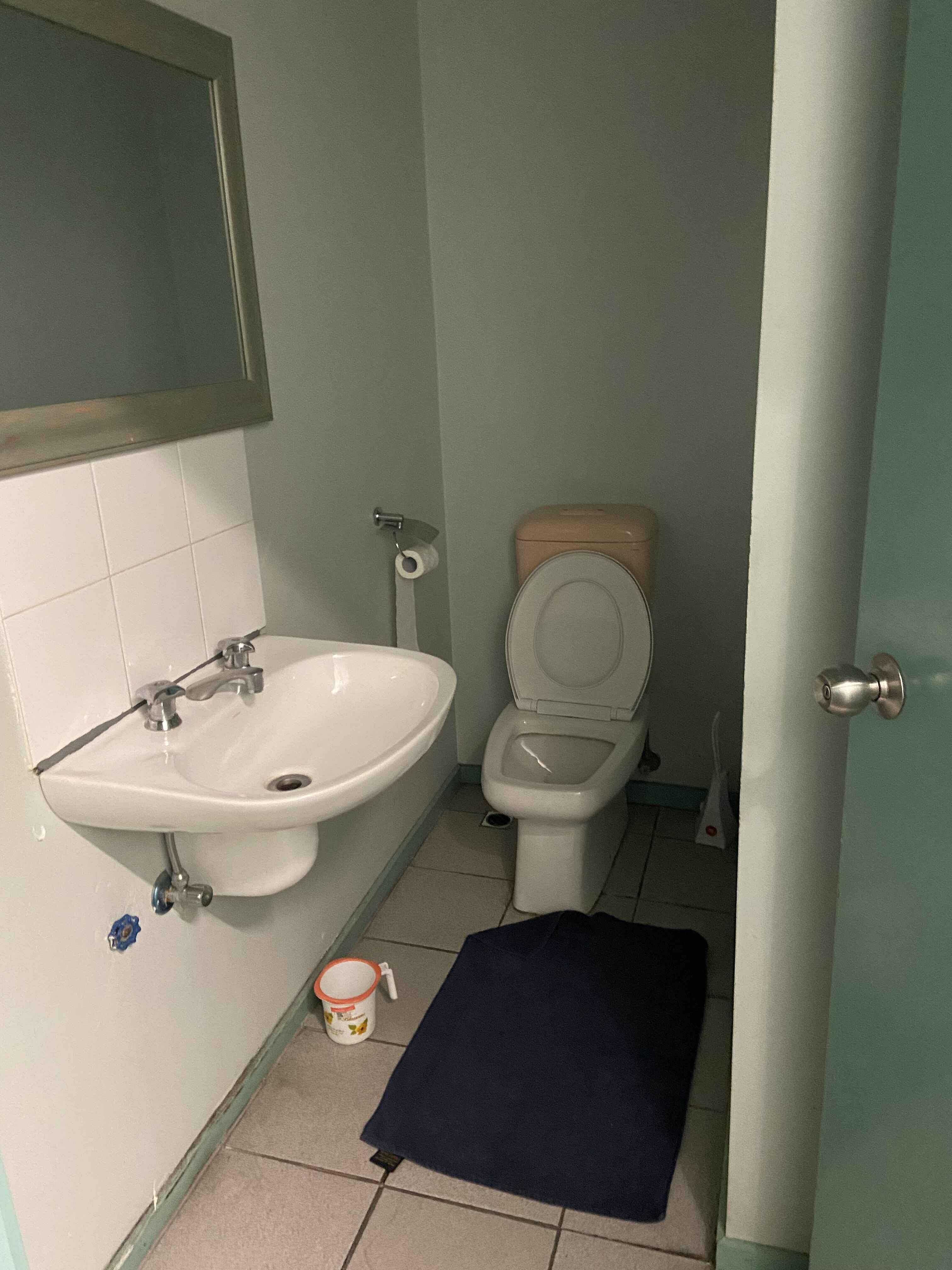
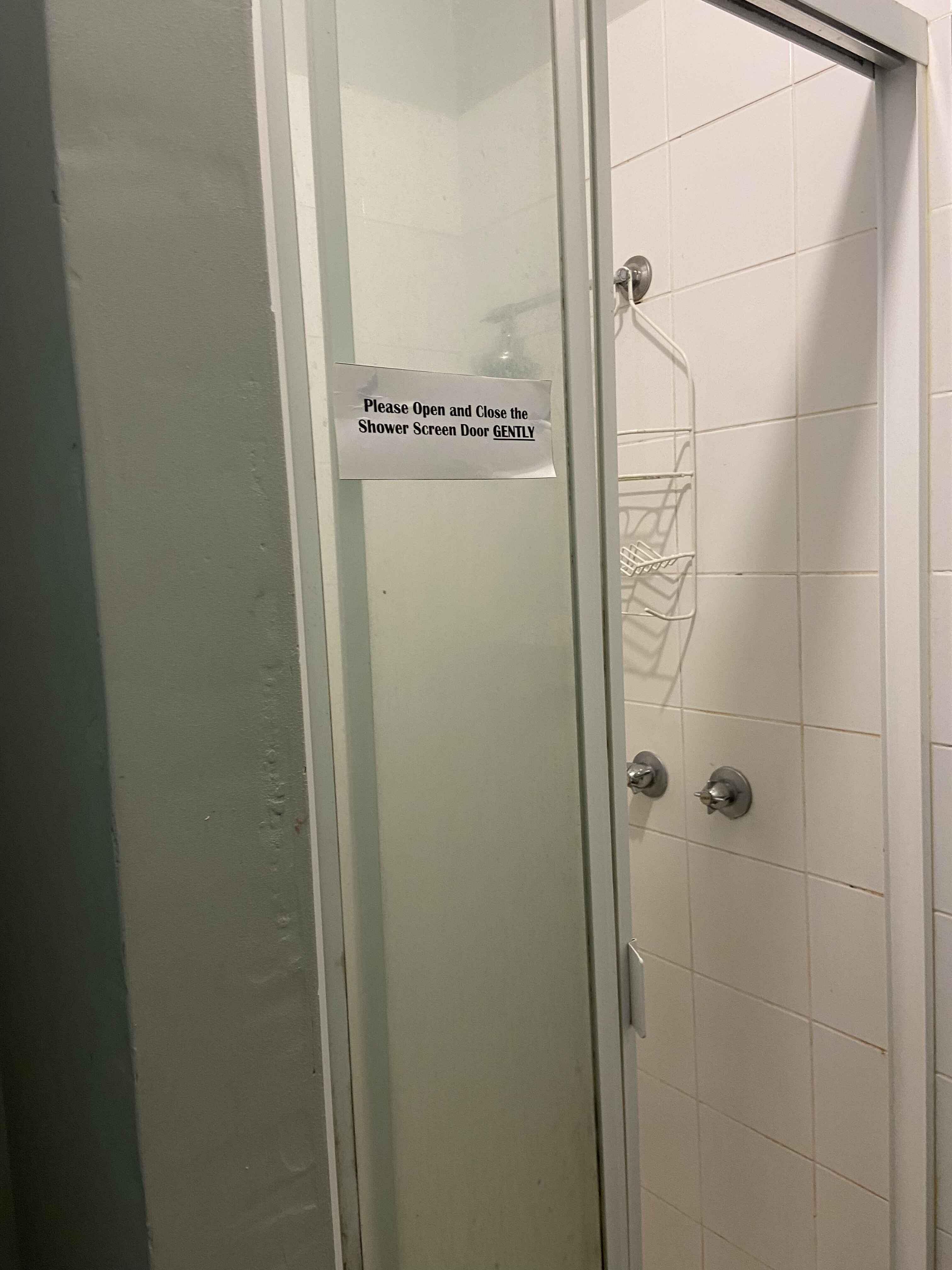
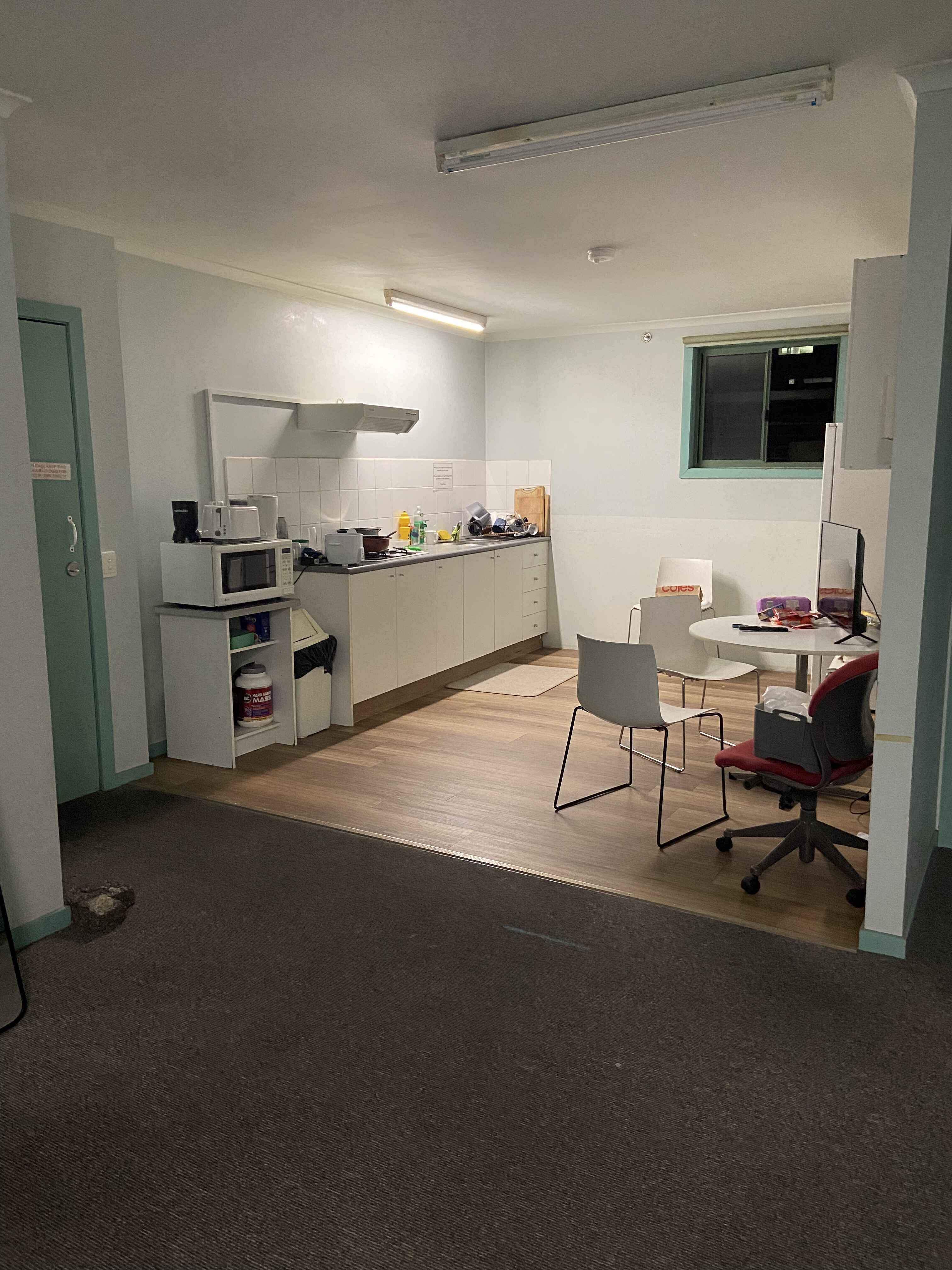
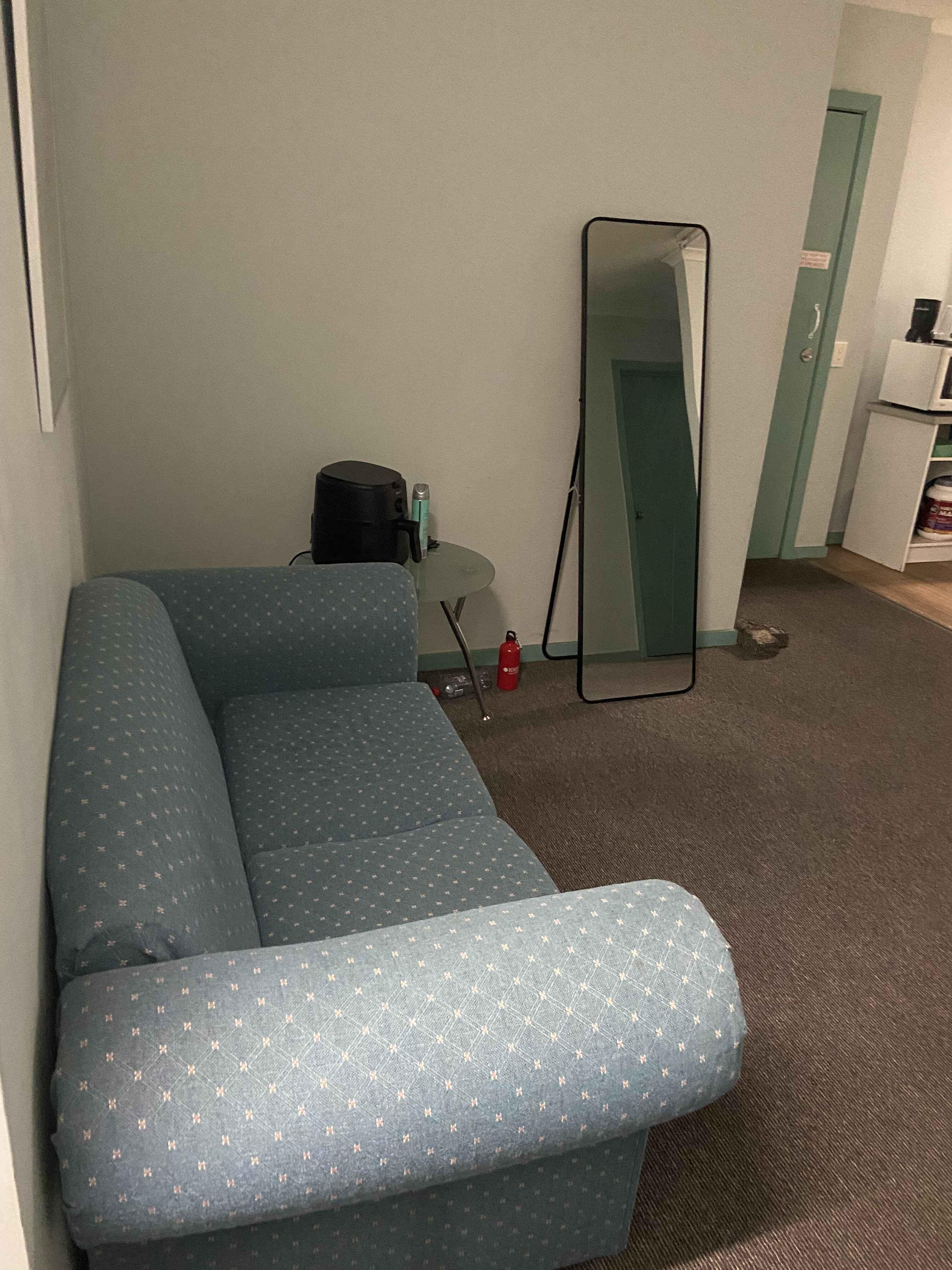











Comments